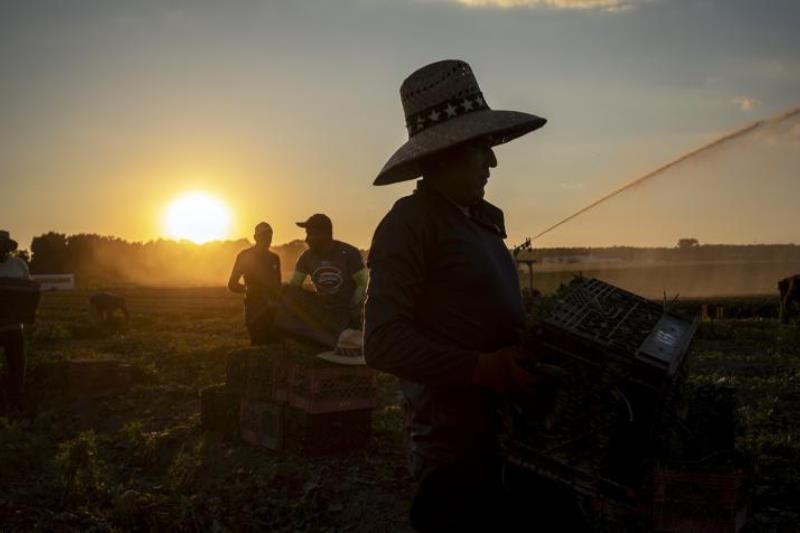Overview
Marc Jeuland is a Professor in the Sanford School of Public Policy, with a joint appointment in the Duke Global Health Institute. His research interests include nonmarket valuation, water and sanitation, environmental health, energy poverty and transitions, trans-boundary water resource planning and management, and the impacts and economics of climate change.
Jeuland's recent research includes work to understand the economic implications of climate change for water resources projects on transboundary river systems, a range of primary data collection projects related to analysis of adoption of environmental health improving technology, and analysis of the costs and benefits of environmental health interventions in developing countries. He has conducted multiple field experiments on issues such as: the role of water quality information in affecting household water and hygiene behaviors; the demand for, and impacts of cleaner cookstoves on household well-being; the long-term sustainability and effects of rural sanitation and water supply projects. He has also collected data on preferences for a range of environmental health improvements including cholera vaccines, household water treatment technologies and improved cookstoves. In the energy and development domain, he is currently working on several projects with the Energy Access Project at Duke, and is a co-founder of the Sustainable Energy Transitions Initiative (SETI), along with Professor Subhrendu Pattanayak and scholars from Chile, China and Ethiopia. His energy portfolio includes work related to evaluation of cleaner cooking interventions, measuring energy access and reliability, and reviews of the drivers and impacts literature related to energy.
Jeuland has worked in the past with the World Bank, USAID, the Millennium Challenge Corporation, UNICEF, and many field-based NGOs and community-based implementing organizations.
Prior to his graduate studies and work with the World Bank, Jeuland was a Peace Corps volunteer in Mali, West Africa, where he designed and monitored construction of a pilot wastewater treatment system and trained management personnel at the plant’s managing firm.
Current Appointments & Affiliations
Recent Publications
An implementation science analysis of an ethanol cooking fuel promotion project in Dar es Salaam, Tanzania
Journal Article Energy for Sustainable Development · December 1, 2025 In 2019, the United Nations Industrial Development Organization (UNIDO) launched the “Promotion of Bio-Ethanol as Alternative Clean Fuel for Cooking in the United Republic of Tanzania” project with an aim to promote and distribute 500,000 bioethanol stoves ... Full text CiteSustainability and contribution of household biogas plants to energy transition in Nepal.
Journal Article Scientific reports · November 2025 Household biogas can significantly contribute to sustainable energy transition by supporting the decarbonisation and modernization of the cooking energy sector. Nearly 450,000 household biogas plants were reported to have been installed in Nepal as of 2023 ... Full text CiteIncentivizing Grid Reliability: A Framework for Performance-Linked Electricity Improvements in Low- and Middle-Income Countries
Report · October 6, 2025 Reliable electricity is the foundation of modern economies and essential to social and human development. Without it, firms cannot expand, hospitals cannot operate safely, and households hesitate to invest in appliances and tools that improve daily life. I ... Open Access Link to item CiteRecent Grants
Benin II Off-Grid Energy Access Project Evaluation
ResearchPrincipal Investigator · Awarded by Social Impact · 2018 - 2027Powering Progress: A Multidimensional Approach to Assessing and Improving Energy Access at Health Facilities
FellowshipPrincipal Investigator · Awarded by Link Foundation · 2024 - 2026INFEWS: US-China Food-Energy-Water Feedback Mechanism, Integrated Modeling and Coordinated Management: A Comparative Study of the China Jing-Jin-Ji Region and US Central Valley, CA
ResearchPrincipal Investigator · Awarded by North Carolina State University · 2021 - 2026View All Grants




